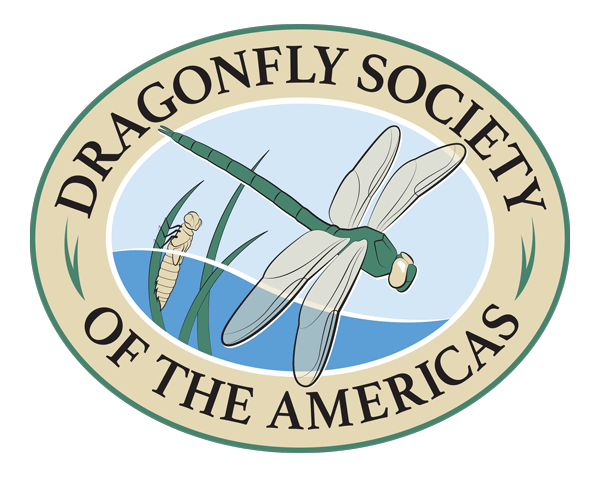Frequently Asked Questions
Frequently Asked Questions
Q. Who is eligible to apply for a grant?
A. Any member of DSA is eligible! (In previous years, grants were restricted to U.S. residents; we now are able to extend grants to non-U.S. members. DSA will use Paypal and cover the modest international payment transfer fee.)
Q. New for 2021: What makes for a successful proposal?
A. Past grants that have received funding have had a compelling argument about the broad importance of the proposed work, clearly articulated objectives, and a plan of work that was appropriate towards meeting those objectives. For applicants for whom English is not their native language, we strongly suggest having your proposal proof-read prior to submitting it. As of last year, we provide feedback to each proposal that was not recommended for funding.
Q. Can a person who has received a DSA grant in the past be eligible in the future?
A. Yes, recipients can receive multiple grants as long as the obligations outlined below are met for each grant.
Q. How much can be requested, and how many grants will be awarded?
A. The maximum amount that can be requested is US $1000. We will dispense no more than $3000/year, so the number of awards each year will depend on the number of meritorious proposals received and the amounts requested by those proposals.
Q. How will the funds be awarded, and are there any restrictions on what can be covered?
A. Awards will be made by Paypal. Because DSA is a non-profit organization, awards cannot be used for salary (can only be used for travel, services, supplies, or equipment).
Q. What obligations are associated with receiving a grant?
A. Awardees must submit a progress report to the DSA Executive Committee within two years of the grant award; failure to do so will render the recipient ineligible for any future DSA grants. Awardees are strongly encouraged to give a presentation at a DSA meeting or submit a paper to ARGIA or the Bulletin of Odonatology within two years of project completion.
Q. How can I donate to the DSA Odonate Research Grant Program?
A. Please contact the DSA Treasurer at treasurer@dragonflysocietyamericas.org. Thank you for your support of this program, which is made possible by donations from our members!



